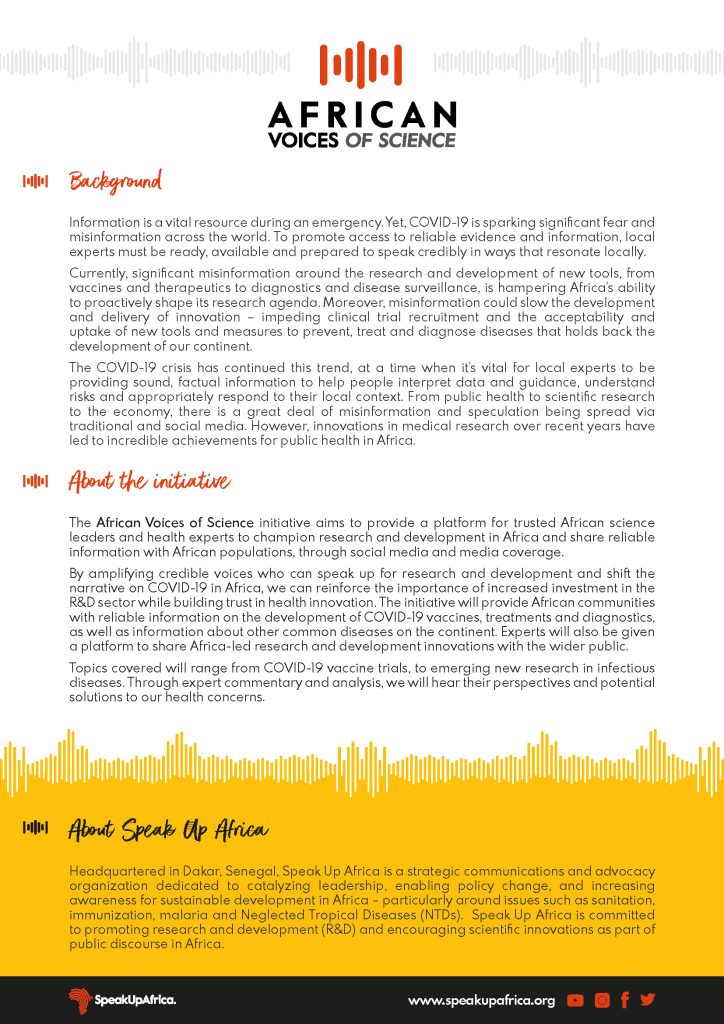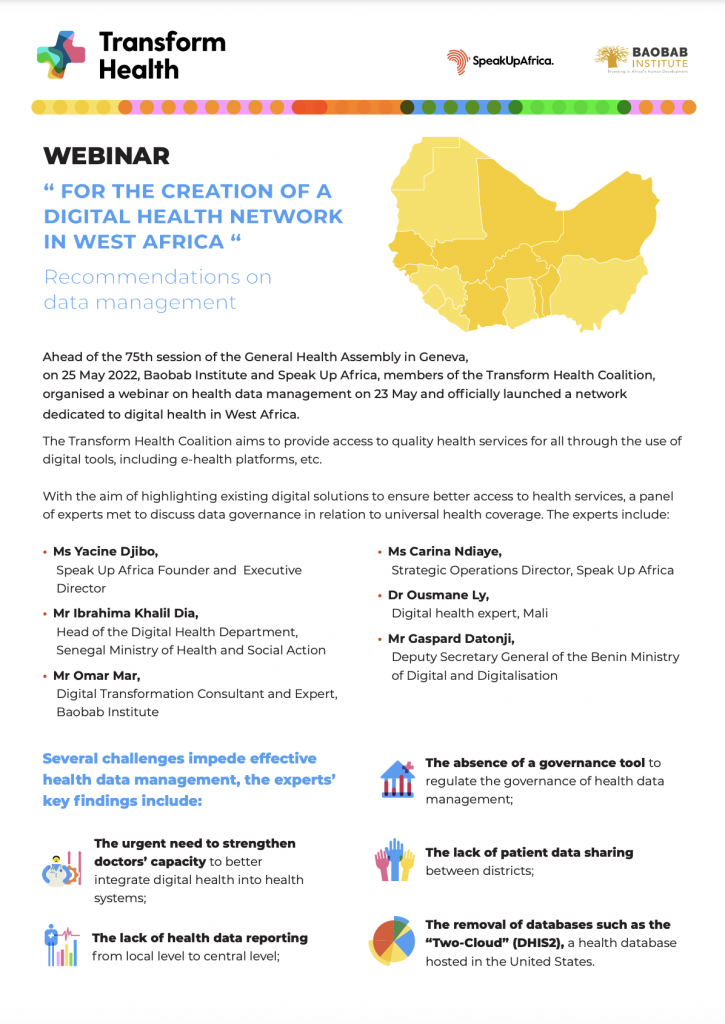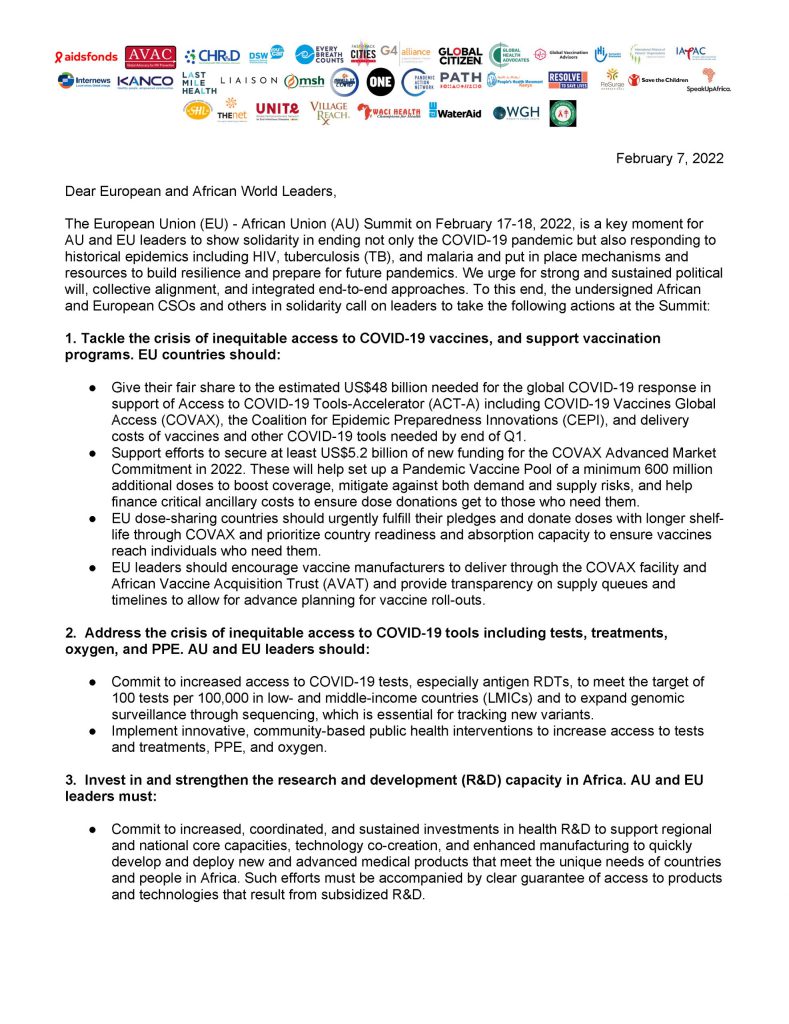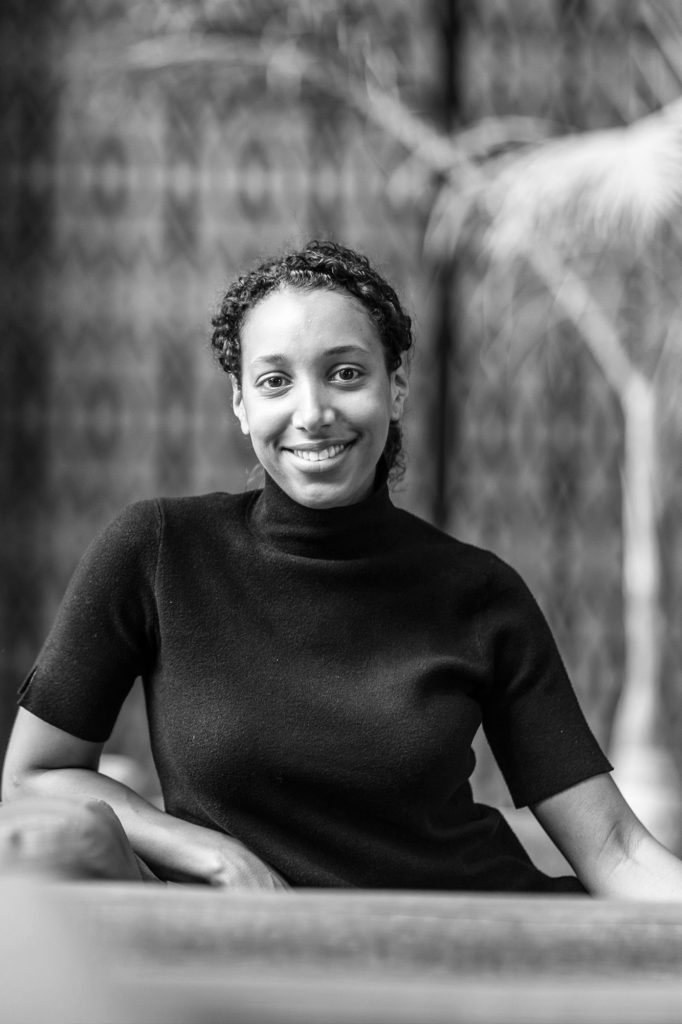About Lines of impact
From neglected tropical diseases (NTDs) to malaria, to diseases which can be prevented by vaccines or caused by unsanitary conditions, millions of people across Africa continue to suffer from preventable and treatable diseases that create barriers to education, employment, gender equality, economic growth and overall development. To create sustainable change, raise public awareness and hold decision-makers accountable, the role of the media is essential. Through regular, quality reporting on these key public health issues, journalists can become powerful agents of change, enabling us to collectively reach our sustainable development goals on the continent.
Speak Up Africa launched its Lines of Impact initiative in 2021 to strengthen journalists’ ability to generate quality media coverage on a range of topics impacting Africa’s health. In partnership with journalists across the continent, we are working to increase the quantity and quality of reporting on the issues we care about: neglected tropical diseases, malaria, immunization, gender equality, research and development and sanitation. Through this initiative, we are ensuring that these issues and their solutions are at the heart of media conversations. By ensuring a steady stream of media coverage, the initiative raises awareness among the general public and decision makers and amplifies the voices of those affected or marginalized across the continent.
We expanded the initiative in 2022, with the participation of 11 French and English speaking journalists from eight West and East African countries, which resulted in nearly one hundred media stories appearing in print, online, and TV.




